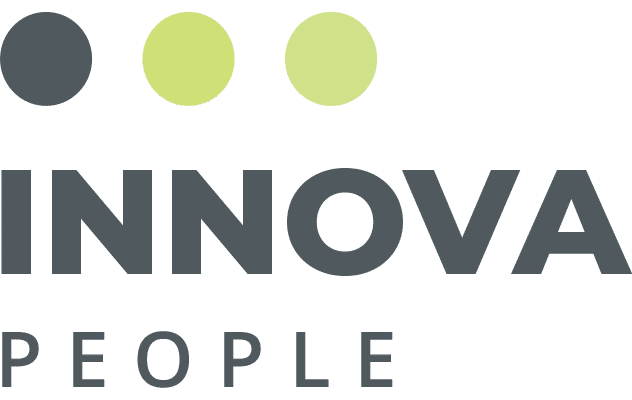AI will have the greatest impact on healthcare organizations in 2020 and beyond according to a recent Accenture survey. The consulting giant polled healthcare executives on trends they see on the rise and more than two-fifths (41%) of respondents ranked AI as the top emerging technology.
“In 2019, there was a fundamental shift in how AI is understood,” Dr. Kaveh Safavi, senior managing director, head of global health practice at Accenture told Healthcare IT News. “People started to realize that AI is best used when augmenting the work of humans, rather than substituting them. This will have a tremendous impact on how AI is utilized in 2020, and I see it becoming a self-running engine for growth across healthcare, helping clinicians make better decisions and extending their reach.”
For now, healthcare AI is being implemented mainly in operational areas, which is less likely to cause anxiety among patients and clinicians and may help to mitigate the typical disappointment cycle often experienced during the adoption of innovative technologies. AI technology could support the labor shortage, rising healthcare costs, and the evolution of patient care.
According to Accenture analysis, when combined with key clinical health AI applications, AI has the potential to create $150 billion in annual savings for the U.S. healthcare economy by 2026.
So, “Why aren’t even more AI projects underway?” The answer: People skills. People skills matter most to AI success, and insufficient skills within the health organization workforce represent nearly two-thirds (63%) and insufficiently skilled workforce as the number one obstacle to their implementation according to the survey.
Any new technology is expected to experience an early shortage of skills. This shortage is exacerbated by the fact that AI does not require just AI skills themselves. A successful AI project demands training, data organization, data cleansing, explainable AI (so that decisions are transparent), and requires business, data, analytics, and AI experts. It’s not simply a question of writing requirements and creating the code.
Dr. Safavi expects to see growth in the DARQ – distributed ledger (blockchain), AI, extended reality and quantum computing. These technologies together will become the foundation for the digital healthcare future, he predicts.
“According to Accenture research, 89% of businesses already are experimenting with one or more DARQ technologies, expecting them to be key differentiators,” he noted. “Each technology is at a different point on the adoption curve, but the first wave of companies using DARQ technologies to drive differentiation is already here. Next, we will need to grapple with each of these technologies becoming more and more complex and learning how to adopt them into the healthcare system.”
Contact us for our open healthcare/IT positions.



